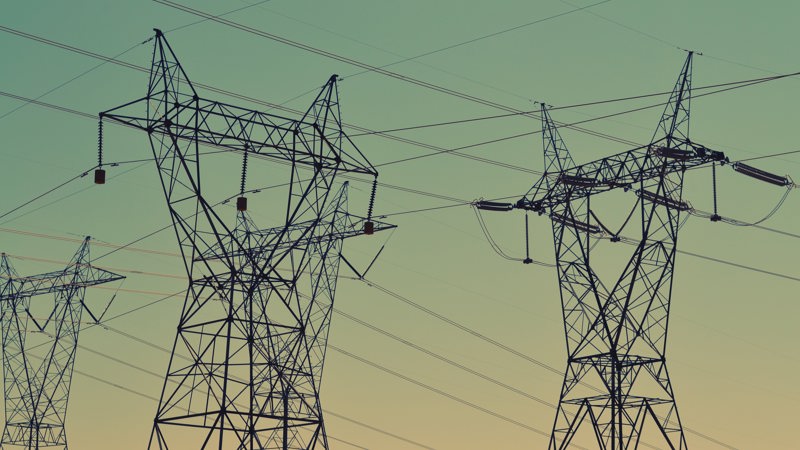
Germany is to become greenhouse gas neutral by 2024. This has massive implications for the future electricity consumption of German industry and other sectors. And climate targets are not only ambitious in Germany - targets have also been repeatedly tightened at the European level, for example with the amendment of the EU Commission's "Fit for 55" package. Challenges for all actors concerned are immense.
In a joint study with IW Consult commissioned by the German electricity network operator 50Hertz, we analysed the implications the transformation will have on hydrogen and electricity demand in their network region in the Northeast of Germany.
The results of the study can be summarised as follows:
- Electricity demand within the 50Hertz control area will increase considerably by 2035;
- Electricity consumption of energy-intensive industries could increase more than studies have anticipated so far;
- High level of insecurity regarding electricity consumption trend in the energy-intensive industry;
- High increase in electricity demand expected for metropolitan areas.
50Hertz sees considerable demand by 2035
The transport and industry sectors have been identified as the main drivers of increased electricity consumption. However, technologies used for decarbonisation have not been fully developed yet, which means that rapid electrification will only happen when the market matures. This would mean, peak acceleration in the 50Hertz market area would not be expected before 2030 to 2035.
Going down to zero
The challenges associated with greenhouse gas emission targets are enormous. According to the amended Climate Protection Act, emissions in the industrial sector in Germany must be reduced by 58% (compared to 1990) to below 118 million tonnes of CO₂ by 2030 and, with a view to the goal of climate neutrality by 2045. Matching these targets will need sustained long-term work.
Carbon zero industry: hard to materialise
Many industrial processes are very complex and part of them even need to be completely re-designed in order for them to become free from greenhouse gas emissions. The stricter the climate protection targets become, the more decarbonisation efforts will be made by the industry. And electricity will be playing a decisive role in achieving these targets – not only because of the fact that green hydrogen as an alternative low-carbon energy will not be available in larger quantities before at least 2030.
Electricity consumption will be increasing especially in the energy-intensive industry, like battery production and data centres as these will also require large quantities of electricity.
Metropolitan areas decide green energy locations
Our calculations show a considerable increase in electricity demand from densely populated regions in and around Berlin, Hamburg, Dresden, Leipzig and Magdeburg where there are numerous energy-intensive industries with a high electrification potential. Decisions on new settlements will depend on the locations‘ closeness to metropolitan areas, available space, workforce, digital and traffic infrastructure. Regional funding will also have an influence.
The analysis shows that it is likely that large energy-intensive industries may settle in the 50Hertz regions identified, especially data centres and battery production. Their motivation to use green electricity will depend on clients‘ requirements and regulations.
Regions around Hamburg and Berlin that are still structurally weak today may well benefit here.
Monitoring strongly recommended
As technological innovation progresses the market will see improved regulatory and economic framework conditions. This will lead to fewer uncertainties about future electricity demand.
We advise market participants to regularly monitor different indicators of long-term electricity demand drivers. They should also design their own net operation and expansion strategies accordingly. Moreover, political decision-makers should specify the detailed regulatory framework in due course.
In particular, we recommend monitoring regional industrial trends. Market actors should permanently keep an eye on politics and administration, but also on funding conditions, possible company clusters, and location factors. They should monitor pilot projects on alternative technologies, but also political emission reduction targets and the emission reduction pathways associated with them.
Frontier regularly advises on the hydrogen and the energy transition.
For more information, please contact us on media@frontier-economics.com or at +44 (0) 20 7031 7000.






